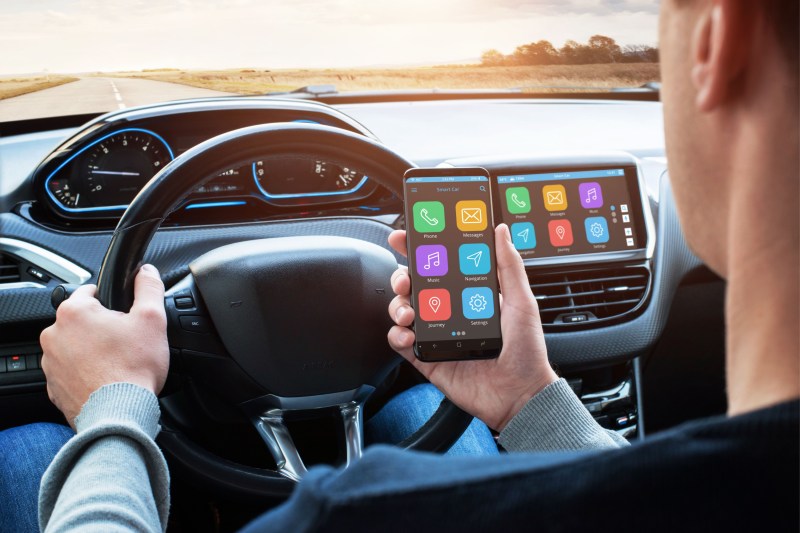
The technology powering our vehicles has advanced greatly over the last few years. Features like voice control, navigation, and augmented reality displays mean a modern car is closer to HAL 9000 than they are a Ford Model T.
But a recent study from consumer insights organization J.D. Power suggests buyers are falling out of love with the tech in their transportation. Customer satisfaction with several modern technological elements has declined drastically between 2020, when the survey was last conducted, and 2023. The decline affects both premium automotive brands and the cheaper options on the market.
Out of the ten factors considered, fuel economy is the only area where customers report being more satisfied than they were previously. Battery-powered electric vehicle buyers are also more satisfied with the fuel economy their personal transport choice provides than owners of internal combustion engine cars — which may be down to the increased fuel prices many people have experienced in recent years.
Of all the premium brands mentioned in the survey, Jaguar boasted the highest level of customer satisfaction. The British car brand was followed by Land Rover, which happens to be produced by the same company. German manufacturers Porsche and BMW took the third and fourth spots. Tesla, which normally ranks pretty highly in J.D. Power customer satisfaction surveys, experienced an eight-point decline with the American EV brand scoring lower than it had previously in all ten categories. Of the mass-market brands mentioned, Dodge achieved the highest score.
Infotainment just isn’t cutting it with recent buyers
Customers’ enjoyment of infotainment systems seems to have declined the most between surveys, with just over half (56%) of respondents opting to use the vehicle’s system when they want to play audio. When the survey was last conducted in 2020, 70% of users were happy using the car’s infotainment system for their audio needs. Fewer than half of all those surveyed choose to use the car’s infotainment systems for other purposes, like navigation, receiving phone calls, and voice recognition.
The news may be surprising as many vehicle manufacturers have put serious effort into improving their infotainment offerings in recent years. This includes the likes of Mercedes, which recently integrated ChatGPT, a leading AI language model, into its infotainment systems in an attempt to push ahead of the competition.
Vehicles featuring the Android Automotive Operating System, coupled with Google Automotive Services, tended to rank higher in the survey. This suggests most respondents relied on their smartphones to meet their infotainment needs. It also suggests that manufacturers may want to rely on Android Auto and Apple CarPlay, and shift the resources they would have used to develop in-house infotainment systems into other areas if they want to keep their customers happy.



